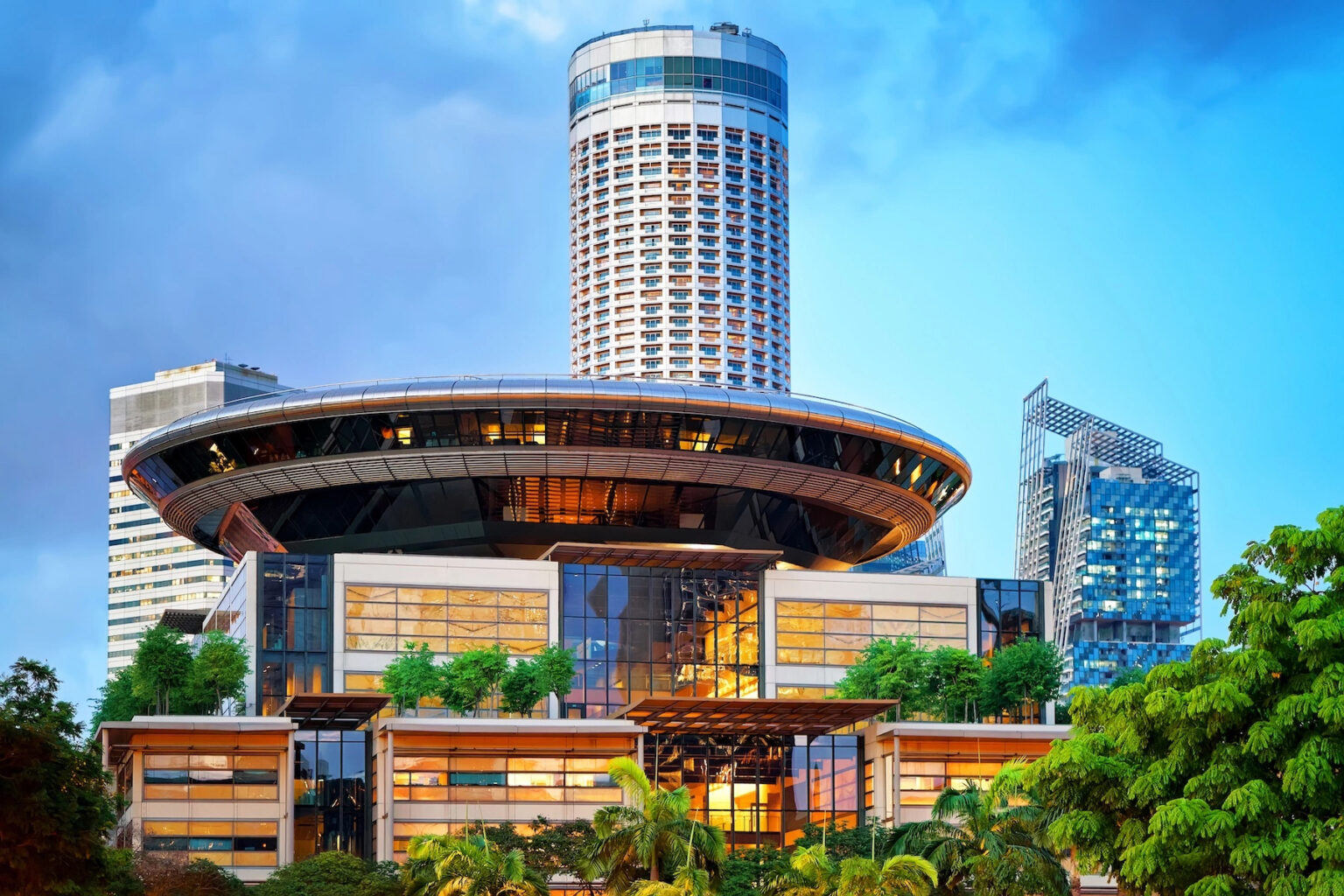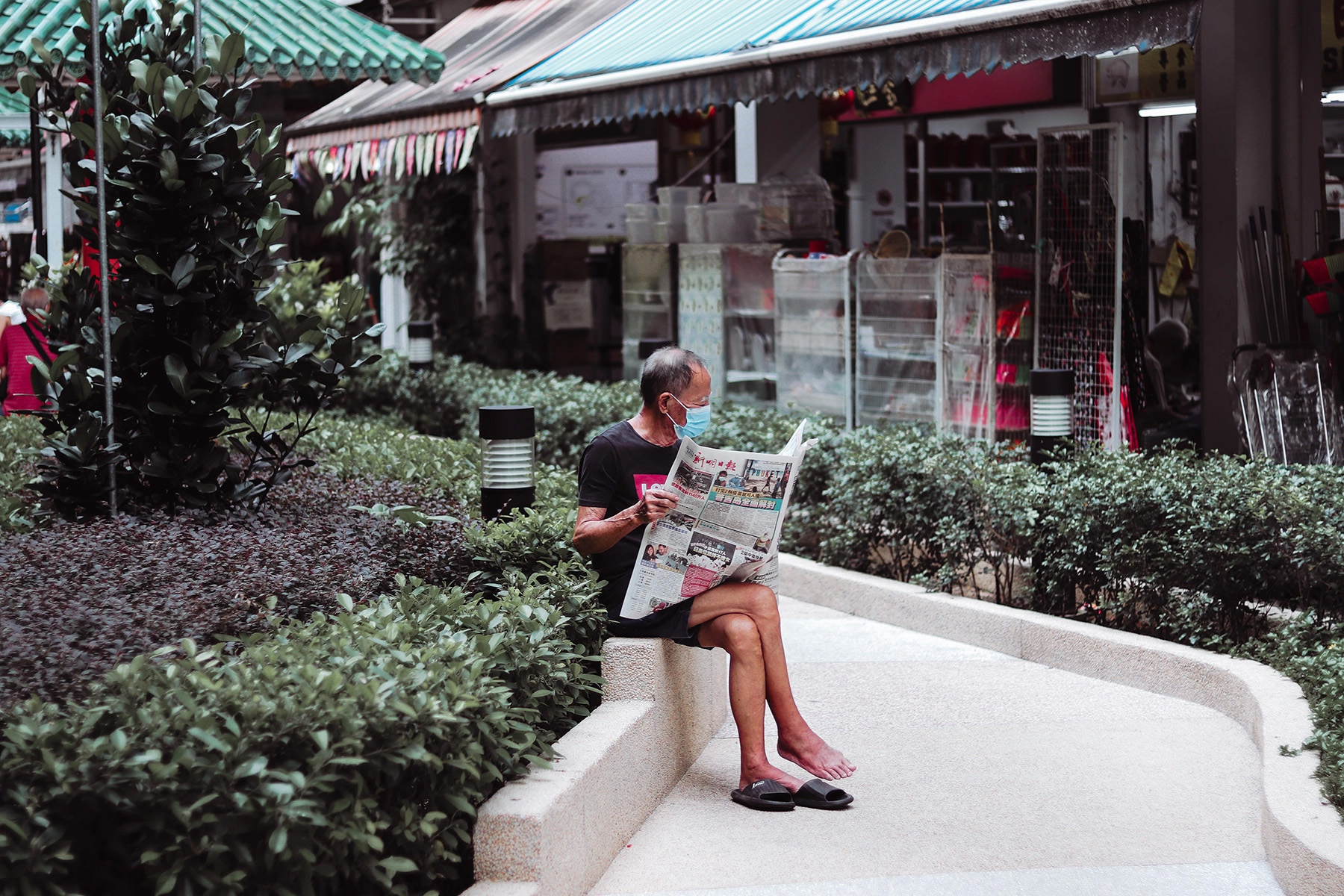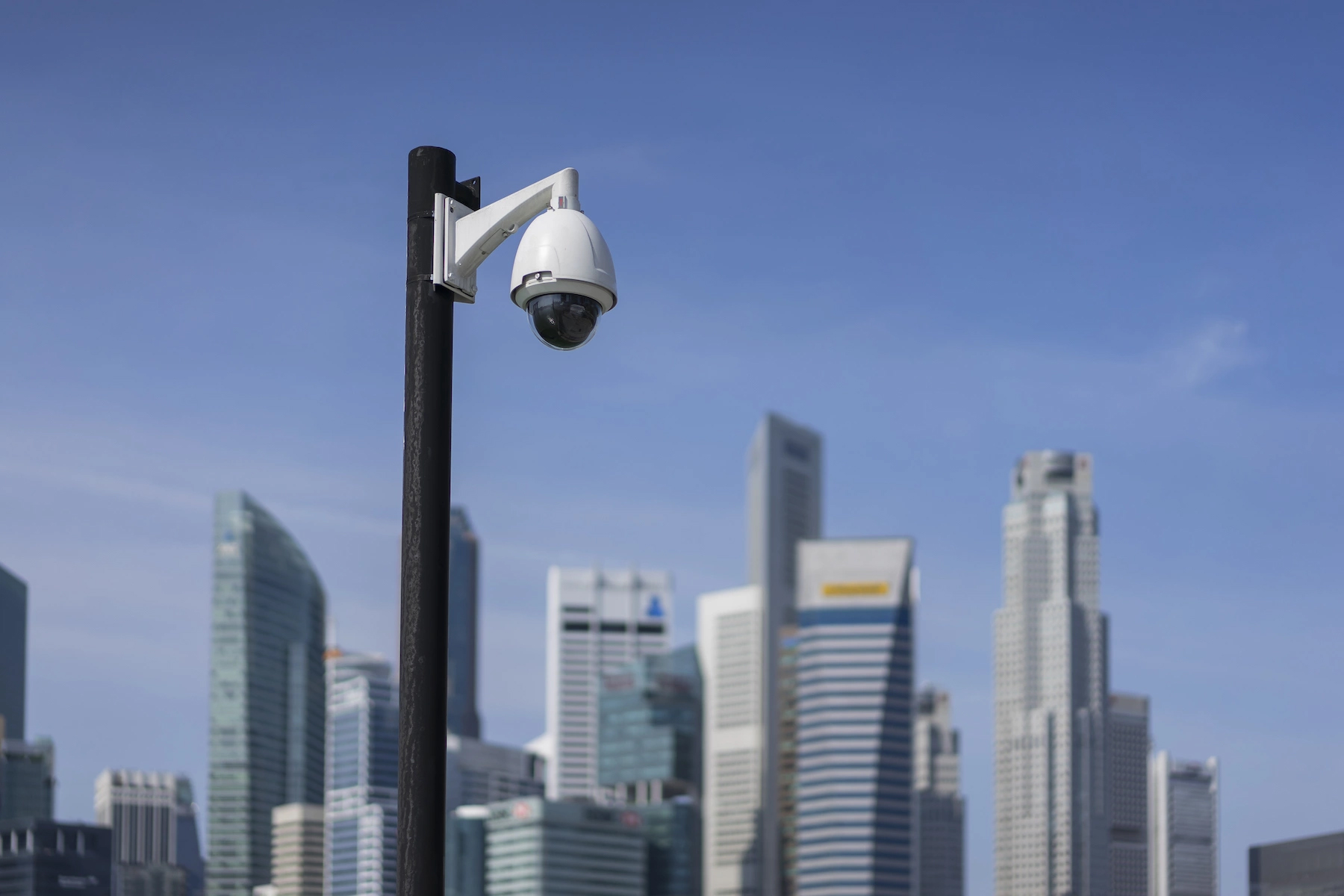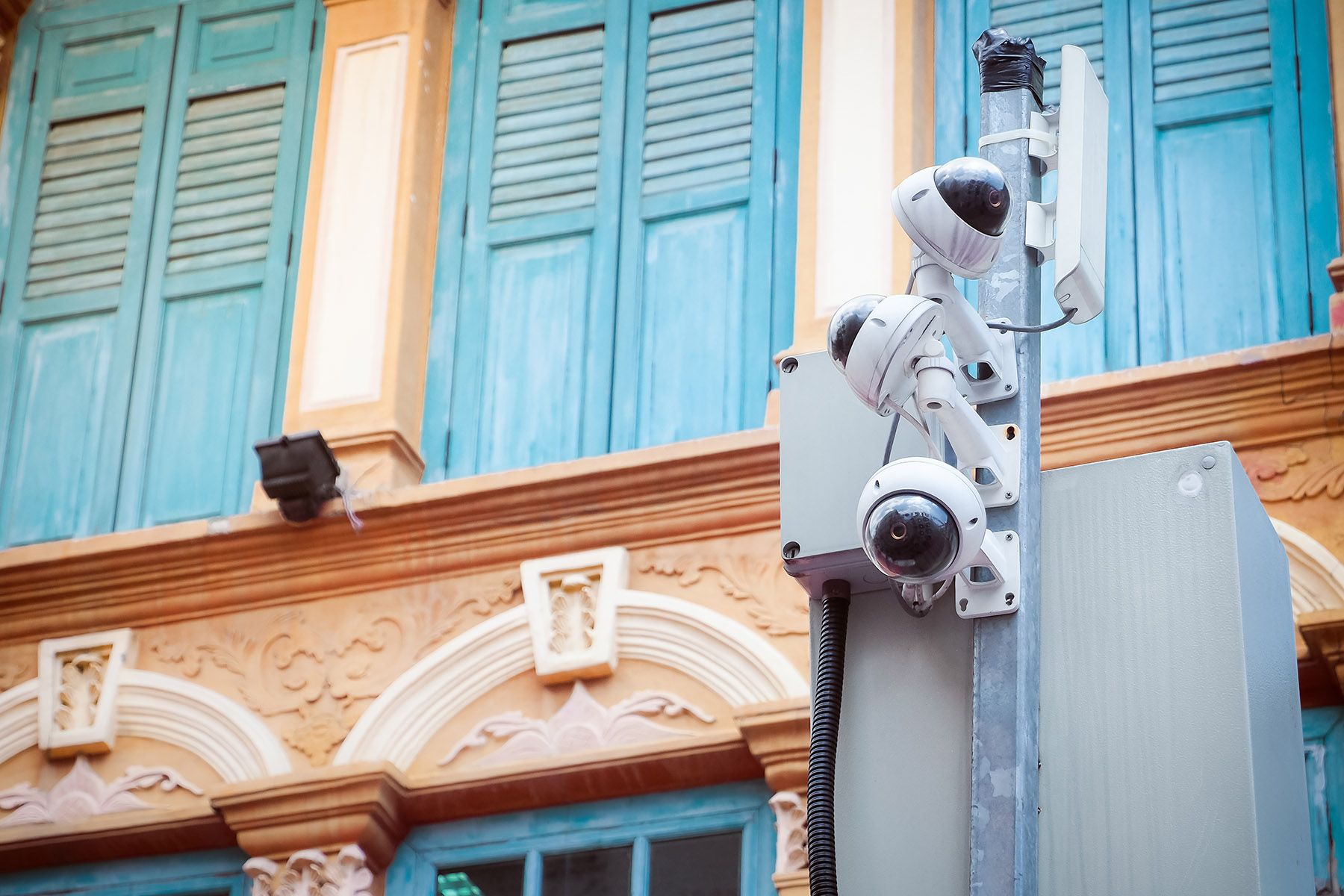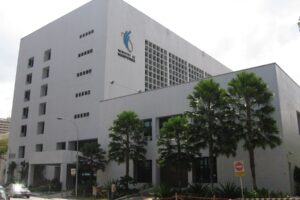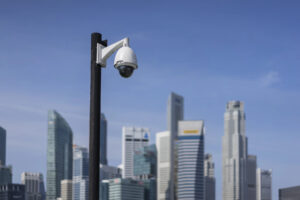While you may not hear about Singapore on the global political stage very often, the country has been a parliamentary republic run by citizen-elected officials since 1965.
Voting is required by law for all citizens, but few steps are taken to ensure a fair process. Grassroots organizations tackle modern issues like human rights and income inequality, but the same political party has been in power since the country’s independence. These issues and more underline the complexities of Singapore’s government and political sphere.
Keep reading for more on the following topics:
- The Singaporean government and political system
- Who is currently in power in Singapore’s government?
- Who are the main Singaporean political parties?
- How does the electoral system work in Singapore?
- How do you vote in Singapore?
- Who can run for Singaporean political office?
- What is Singapore’s political history?
- How does Singapore’s judicial system work?
- Does Singapore experience any political tensions?
- What is the state of the Singaporean economy?
- Is there a Singaporean culture of grassroots politics and political activism?
- Useful resources
Ground News
Get every side of the story with Ground News, the biggest source for breaking news around the world. This news aggregator lets you compare reporting on the same stories. Use data-driven media bias ratings to uncover political leanings and get the full picture. Stay informed on stories that matter with Ground News.
The Singaporean government and political system
Since its independence in 1965, Singapore has been a parliamentary republic and representative democracy where its legislative body is elected by its citizens. The Singaporean Constitution serves as the basis for the country’s political system.
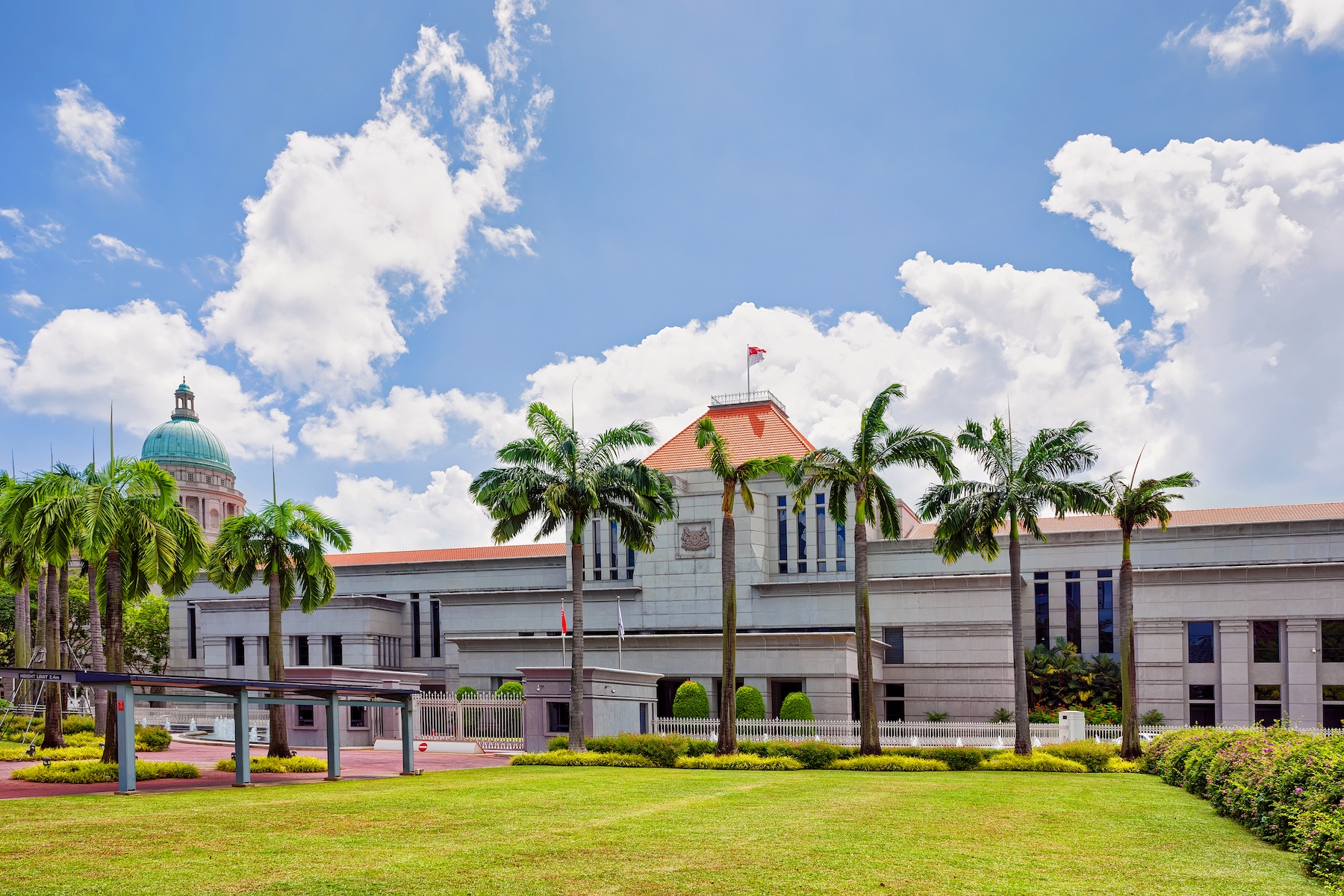
Singapore’s executive branch of government is led by a president and a prime minister (PM). The PM holds executive authority and is usually the leader of the parliamentary majority party.
In addition to the executive branch, there are two other independent sectors of Singapore’s government:
- Legislative: The unicameral parliament
- Judicial: The system of courts
Despite technically being a multi-party democracy, Singapore has been described as a de facto one-party state. It ranks 70th globally on the 2022 Democracy Index, categorized as a flawed democracy.
Praised for its stability and cohesion, Singapore’s People’s Action Party is the country’s exclusive dominant political party and leaves little room for competition. Freedom House scores Singapore 48 points out of 100 on its 2021 Freedom in the World report on political rights and civil liberties.
Singapore ranks as the 5th least-corrupt nation on the 2022 Corruption Perceptions Index. However, the country experienced a series of serious political scandals in mid-2023. While these types of incidents are relatively rare in Singapore, they cast some uncertainty on the country’s ruling party and political future.
Singapore’s media is heavily state-controlled but fairly reliable in terms of factual content. The government-owned Singapore Press Holdings and MediaCorp are responsible for much mainstream media and these outlets are known for being politically charged.
Who is currently in power in Singapore’s government?
The People’s Action Party (PAP) has been the dominant political party in Singaporean politics since independence and has won every election since 1959.
Singapore’s Constitution states that the president should appoint the prime minister to lead the government following a general election. Typically, this is the leader of the winning party. The 2020 election saw Lee Hsien Loong, leader of the PAP, reappointed as Singapore’s PM.
Tharman Shanmugaratnam, known by the mononym Tharman, has been President of Singapore since September 2023. Receiving 70.4% of the vote, he won with a landslide victory. The next parliamentary elections in Singapore are due to take place no later than 23 November 2025.

Who are the main Singaporean political parties?
People’s Action Party (PAP)
The PAP is one of the most dominant forces in parliamentary politics anywhere in the world having won every general election it’s contested since 1954.
The success of the PAP is in part due to its broad-base appeal. While its centrist ideology has drifted more towards the center-right over time, it has been successful in uniting the various Singaporean ethnicities behind civic nationalism.
The PAP’s approach is a mix of social conservatism and economic liberalism. It favors a free-market economy and lower taxes while opting for state intervention along the lines of welfare spending, such as mandatory health insurance for citizens and permanent residents. It can be said that the PAP takes a more authoritarian approach to law and order, restricting freedoms where they deem necessary and continuing the death penalty.
The PAP won 83 seats in the 2020 Singaporean general election. Heng Swee Keat has been party leader since 2022.
Workers’ Party
Formed in 1957, Singapore’s Workers’ Party is the PAP’s longest-standing opposing party and won a record 10 seats in the 2020 general election.
In a classic two-party democracy scenario, the Workers’ Party offers a center-left alternative to the PAP. Its policies follow the moderate social democratic tradition in terms of higher taxation and increased spending on social security and healthcare.
The Workers’ Party wants to reduce the voting age from 21 to 18 and increase the minimum wage. It also works to increase immigration restrictions, such as caps on work visas.
Progress Singapore Party (PSP)
The PSP is a new political force in Singapore, founded in 2019 largely due to disillusionment with Singapore’s politics and its PAP government. Although it didn’t win any constituency majorities in 2020, it won two non-constituency parliamentary seats thanks to a large percentage vote share on the country’s west coast.
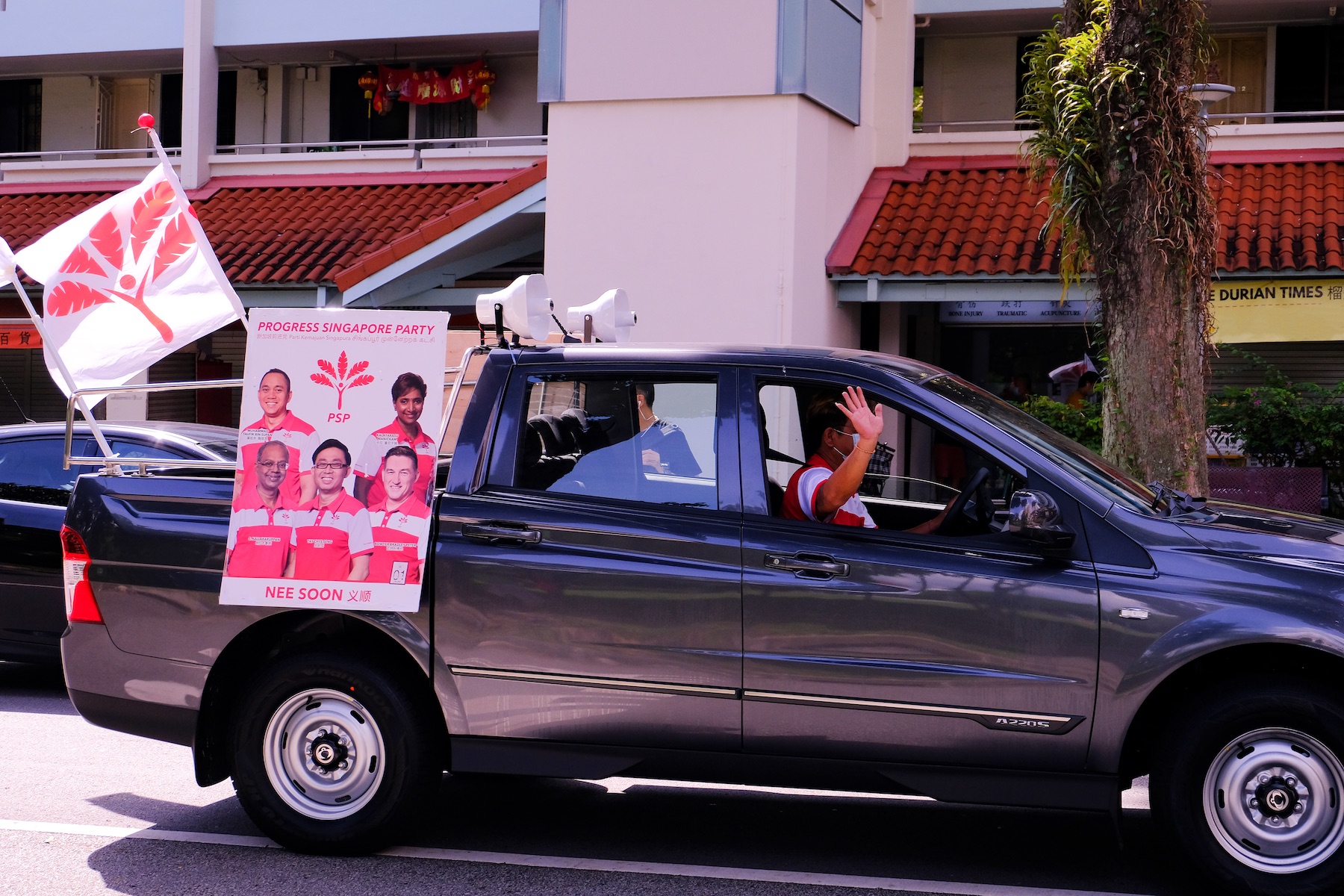
Similar to the Workers’ Party, the PSP has a progressive center-left ideological approach but is more economically liberal. Policies include environmental sustainability, more support for small businesses, and a reduction in income inequality.
Parties without parliamentary seats
Singapore has a number of political parties not represented in parliament, mostly to the center-left of the spectrum and supporting topics like higher public spending, greater state involvement, and human rights, women’s rights, or workers’ rights.
This is perhaps indicative of the fact that a conservative center-right party has held such a dominant majority throughout Singapore’s history. Political parties not currently represented in parliament include:
- National Solidarity Party
- Reform Party
- Singapore Democratic Alliance
- Singapore Democratic Party
- Singapore People’s Party
How does the electoral system work in Singapore?
Singapore holds parliamentary and presidential elections as well as referendums if the public decides on it, but these are rare.
Parliamentary elections are generally every five years. There are currently 93 parliamentary seats elected by voters, consisting of:
- 14 single member constituency (SMC) seats where each party can nominate a single candidate
- 79 group representation constituency (GRC) seats where parties nominate between 3–6 candidates that contest the election as a group
Singapore uses the first-past-the-post (FPTP) system where the winner, or winning group, is the one with the most votes. This means that if a party nominates six candidates in a GRC area, they gain six seats if they win.
There are also additional parliamentary seats made up of:
- Up to 12 non-constituency MPs, who must be from opposition parties. These are often referred to as the ‘best losers’ since they are usually the best-performing candidates that didn’t win.
- Up to nine nominated MPs appointed by the president who are usually industry experts rather than politicians. These MPs don’t vote on certain issues and only serve half of a five-year term.
The party that wins a majority (over 50% of the electable seats) forms the Singaporean government consisting of the PM and a cabinet of ministers. There are currently 19 ministers including the PM. The government also includes around 60,000 civil servants and a number of autonomous statutory boards.
Presidential elections
Singapore’s presidential elections, decided by a simple majority public vote, began in 1993 and are now held every six years.
Because of the high eligibility threshold to stand for Singapore president, many elections have been won uncontested by a single standing candidate. This was the case in the most recent election in 2023, won by Tharman. He is the first presidential candidate not of Chinese descent to win in a contested presidential election in Singapore.
The next presidential election takes place in 2029.
How free and fair are Singapore’s elections?
In 2021, Freedom House awarded Singapore only 4 points out of 12 for its electoral processes, citing an overall lack of fairness and impartiality.
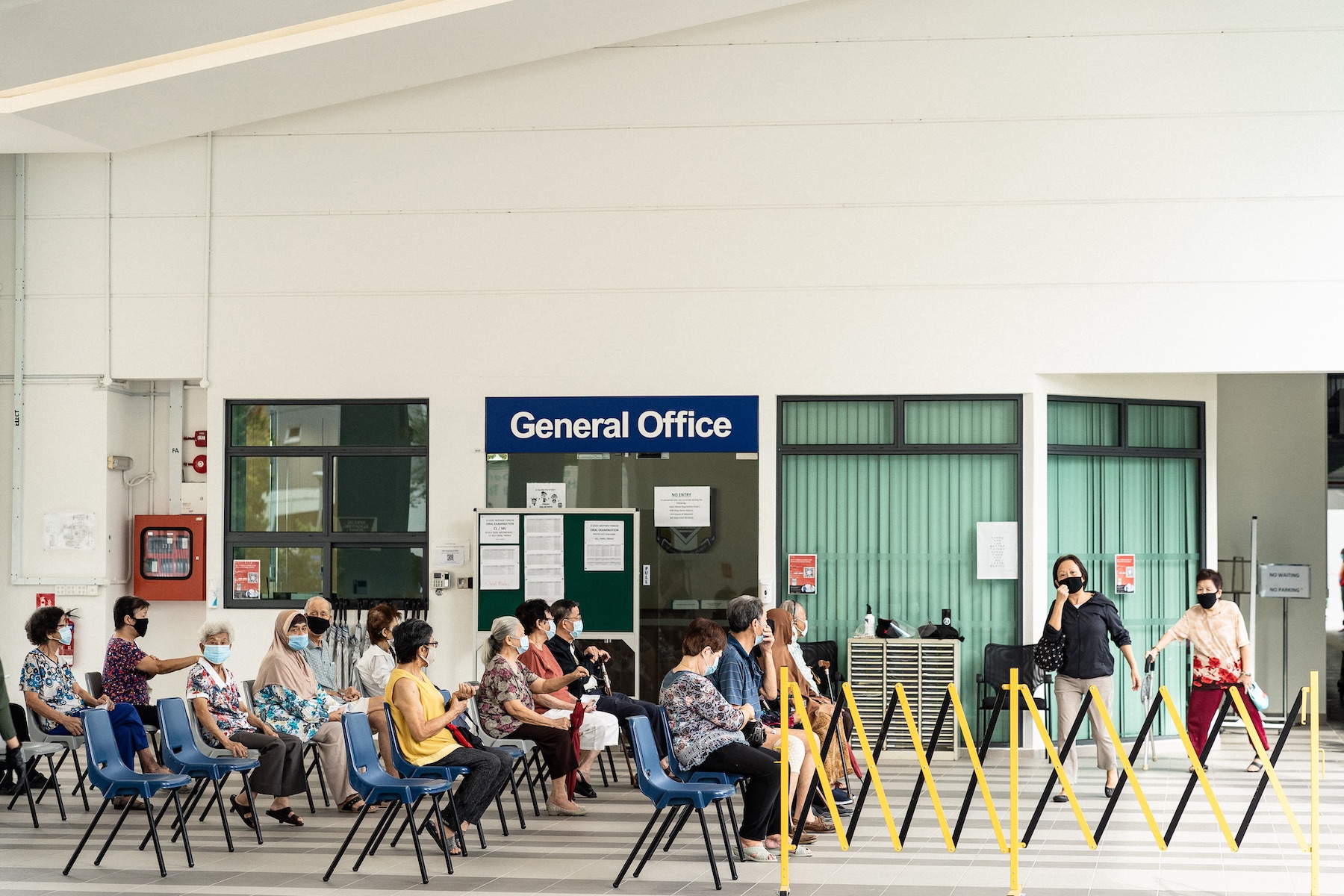
Although Singapore’s government is not known for interfering in elections, many structural factors prevent competition and benefit incumbent rulers. These include:
- The GRC seat system where one party can win large numbers of seats even if they have only a small voter majority, which can lead to a party having a stronghold in certain areas
- High barriers to presidential candidacy
- Government control over the media which leads to excessive pro-government content
- No limits to the number of terms a president can serve
- No independent electoral commission, which increases the risk of gerrymandering as the government is in charge of determining electoral boundaries
How do you vote in Singapore?
In Singapore, all citizens 21 and older are required to vote in parliamentary and presidential elections.
Failure to vote in Singapore means that you can have your name being removed from the voter register. You can apply to have this reversed but will have to pay a fee of S$50 unless you have a valid reason for not voting.
Only Singaporean citizens can currently vote in the country’s elections. In addition to having citizenship, you must also:
- Enroll in the electoral register
- Be 21 or older
- Not be disqualified from voting, for example if you are currently serving time in jail or have ever been convicted of voter fraud
- Either have a Singapore-based address or register your overseas address with the Immigration & Checkpoints Authority
You can register to vote online in Singapore.
At election time, you will receive information about the location of your polling station shortly before voting day. This is typically a public building, for example a community center or primary school, or a Singaporean embassy or consulate if you live abroad. You will need to bring along your ID card as proof of citizenship.
Who can run for Singaporean political office?
To qualify to run for MP in Singapore, you must:
- Have Singaporean citizenship
- Be 21 years of age or older
- Be a registered voter
- Have residency in Singapore for at least 10 years in total
- Not be disqualified from standing according to Article 45 of the Constitution (e.g., you must not have committed a serious crime or hold a position for profit)
- Be proficient in at least one of Singapore’s four official languages
If you want to run for president in Singapore, you need to meet the same general requirements as for standing for parliament. There are also the following additional prerequisites:
- Be 45 years of age or older
- Not be a member of any political party at the time of nomination for election
- Have served at least three years in a senior position in public office or for a private company
- Meet all the criteria as laid out in Articles 19, 19A, and 19B of the Constitution
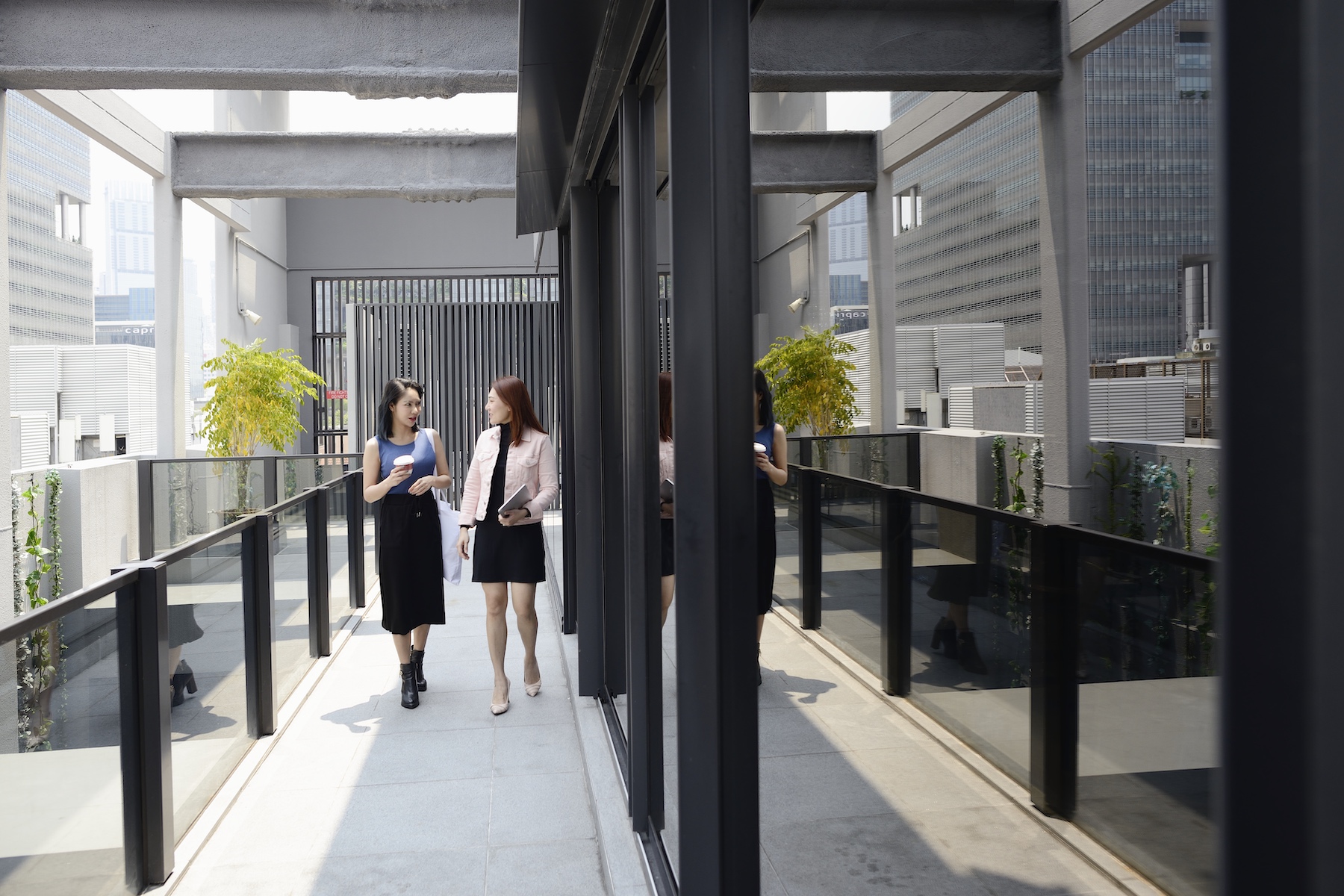
In terms of representation, Singapore currently ranks 67th globally for percentage of women in parliament. There are currently 30 female MPs, making up only 29.1% of the total.
To encourage greater representation among ethnic minorities in Singapore (mainly Tamil and Malay), parties must put forward at least one candidate from these groups for GRC seats in general elections.
The 2021 Freedom House report scores Singapore two out of four possible points for diversity in political representation. Cited problems include gender inequality, underrepresentation of Malays, and barriers to LGBTQIA+ people entering politics.
What is Singapore’s political history?
After a long period of British colonial rule and a few years as part of Malaysia, Singapore became an independent nation in 1965 and the PAP has been in power ever since.
Although Singapore was a British colony from 1867 to 1963, elections and grassroots politics grew throughout the 1950s and saw the rise of the PAP as an anti-colonial left-leaning party. When the UK withdrew as colonial ruler in 1963, the country decided to become a state of Malaysia based on referendum results.
During this period, there was extreme tension and unrest between the Malay and non-Malay communities in Singapore. Following a parliamentary vote in Malaysia, Singapore was expelled in 1965 and became an independent nation.
The six decades since independence have been marked by PAP dominance. The party has been in continuous power, including holding all parliamentary seats until 1981 and only having three PMs in a 60-year period.
The dominance of the PAP is in part due to the British-influenced FPTP system which tends to promote established party hegemony at the expense of smaller parties. Non-constituency MPs were introduced in Singapore in the 1980s to try and counter the single-party political control, and these have been successful in redistributing parliamentary seats to opposition parties.
How does Singapore’s judicial system work?
Singapore’s judicial system consists of the following court tiers:
- Supreme Court: The higher level Court of Appeal and lower level High Courts which deal with escalated criminal and civil cases
- State courts: Courts that deal with criminal and civil cases in the first instance, consisting of District Courts, Magistrates’ Courts, Coroners’ Courts, Small Claims Tribunals, Community Disputes Tribunals, and Employment Claims Tribunals
There are also family courts in Singapore that deal with youth matters.
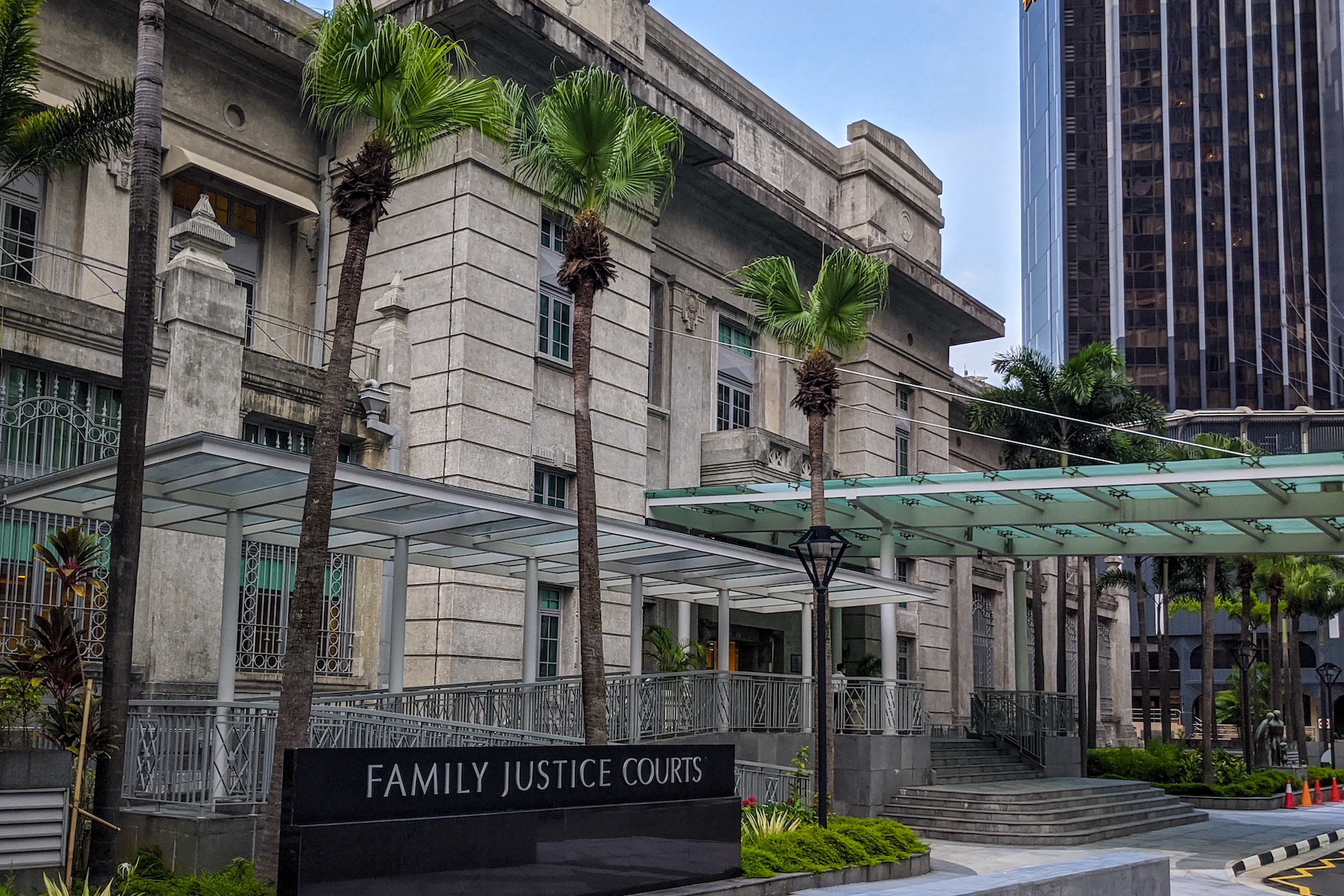
The judicial branch is the independent third sector of state government in Singapore, although the Chief Justice (head of the Court of Appeal) and 16 lower judges are appointed by the president from candidates recommended by the PM and can serve for life.
In 2021, Freedom House scored Singapore one point out of four for judicial independence and two points out of four for due legal process. This is largely because of the low rate of success for cases brought against the Singaporean state, as well as laws that allow detention without trial for drug-related crimes.
Does Singapore experience any political tensions?
The most recent severe political tensions in Singapore were the 1964 communal riots between Malay and non-Malay communities when the country was part of Malaysia. While Singaporeans are active on a variety of modern social issues, these haven’t escalated into large-scale conflicts or protests.
Singapore scores well as a ‘clean country’ when it comes to studies on political corruption. One of the few notable scandals was when Keppel Offshore & Marine, a subsidiary of the Singaporean government-owned Keppel Corporation, paid the Brazilian government S$55 million in bribes for oil contracts.
In 2023, a string of political scandals took place in Singapore. These included affairs between politicians, corruption probes, and suspicious purchases made with federal funds. Such scandals are rare in Singapore, and political tensions resulted from the Singaporean people questioning the ruling party’s promises of clean government and ability to lead the country effectively.
What is the state of the Singaporean economy?
The World Bank considers Singapore to be a high-income country with an advanced free market economy and the 9th highest GDP per capita in the world at $82,807.60 (2022). It is also seen as one of the world’s most business-friendly environments, providing a base for many global multinational brands.
Some of Singapore’s most valuable economic sectors include:
- Construction
- Financial services
- Healthcare
- Hospitality
- Logistics
- Pharmaceuticals
Like most countries, Singapore has had to deal with the financial burden of the COVID-19 pandemic and an associated rise in the cost of living. However, the economy is now performing well again and analysts expect growth of up to 2.5% in 2023. In addition, unemployment was only 2.1% in 2022, well below global and regional averages.
Is there a Singaporean culture of grassroots politics and political activism?
Grassroots politics and political activism are somewhat stifled by Singapore’s strict laws against freedom of assembly and public protest. The country’s Public Order Act dictates that political gatherings and demonstrations may only take place in one designated place – Speakers’ Corner in Hong Lim Park.
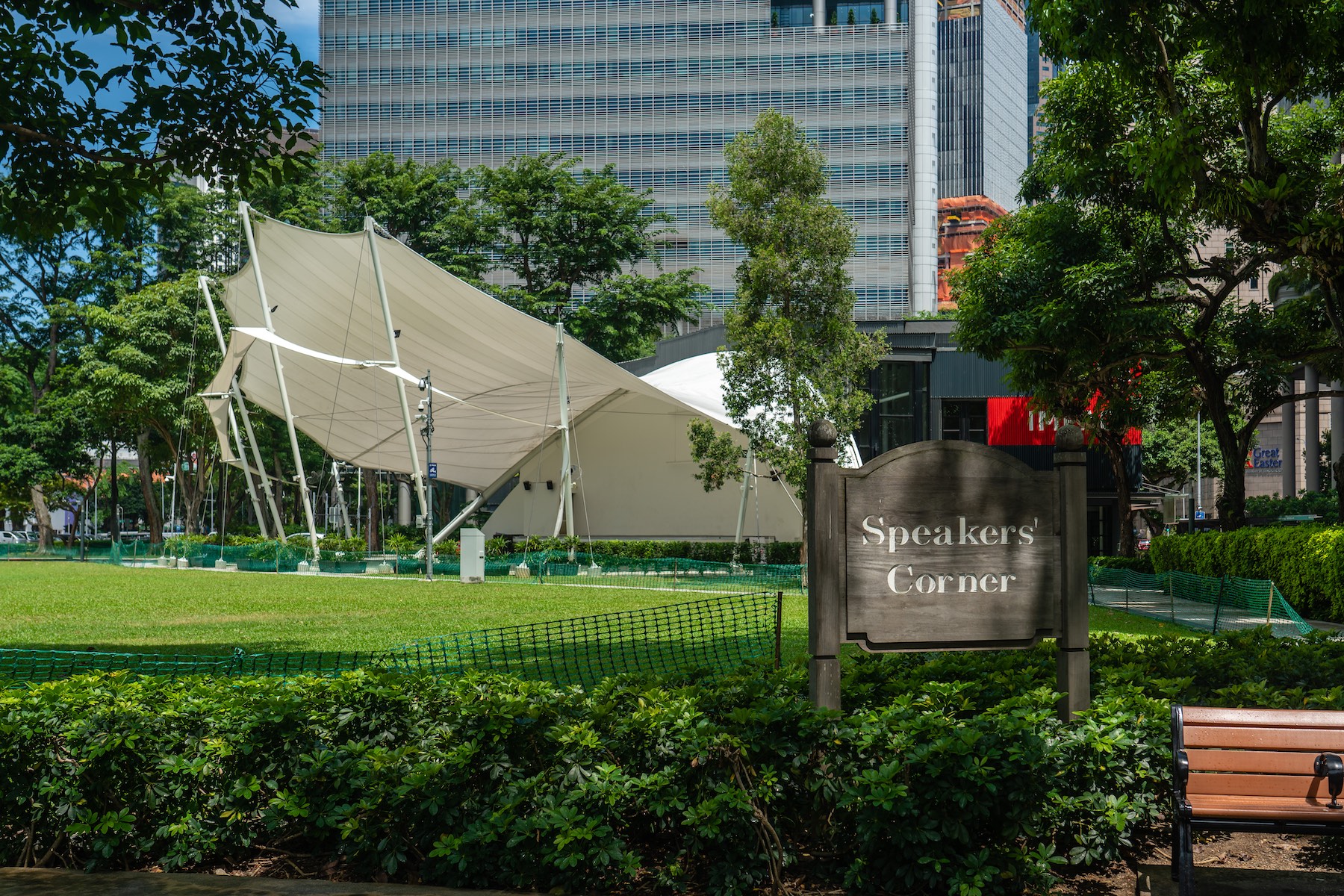
Singapore has lower levels of political activism than many countries and may be seen as uninterested in pushing for change. However, the country’s young people are challenging this stereotype and getting more engaged in issues including LGBTQIA+ rights, sexism, racism, and income inequality.
If you move to Singapore and want to get more involved in local politics or campaigns, there are many grassroots organizations to support or volunteer with. You can choose from some of the groups listed below.
Migrants’ rights groups
- Citizen Adventures
- Humanitarian Organization for Migrant Economics (HOME)
- Migrant Workers’ Centre
- Transient Workers Count Too (TWC2)
Women’s rights groups
- Association of Women for Action and Research (AWARE)
- Daughters of Tomorrow
- Singapore Council for Women’s Organizations (SCWO)
- United Women Singapore
LGBTQIA+ rights groups
See Congregaytion for a more in-depth list.
Anti-death penalty groups
Environmental groups
Useful resources
- gov.sg – official government portal for Singapore citizens and residents
- Parliament of Singapore – official website where you can find information on MPs and parliamentary business
- PMO Singapore – official website for the Prime Minister’s Office and the government of Singapore
- Singaporean Constitution – the country’s constitution from 1965
- Elections Department Singapore – information on voting
- Maintaining Public Order – rules about public demonstrations in Singapore
- People’s Association – government agency promoting social cohesion and community programs
